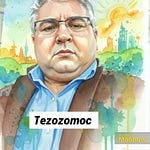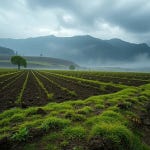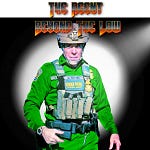Ecopoetics of Space: A Summary
Ecopoetics of space1 is a literary and critical approach that explores the intersection of poetry, ecology, and spatial concepts. It examines how poets represent and engage with the natural world, considering both the physical landscapes and the metaphorical spaces created by language and imagination.
Key themes and concepts in ecopoetics of space include:
Spatial representation: How poets depict and evoke physical landscapes, such as forests, mountains, and bodies of water.
Ecological consciousness: The exploration of environmental issues and the interconnectedness of all living things.
Metaphorical space: The use of language to create symbolic or imaginative spaces that represent deeper meanings or emotions.
Intertextuality: The relationship between a poem and other texts, including literary works, scientific writings, and cultural narratives.
Place-based identity: The connection between individuals and specific locations, and how this connection is expressed through poetry.
Ecopoetics of space can be seen as a way to:
Increase awareness of environmental issues: By highlighting the beauty and fragility of the natural world, poetry can inspire a sense of stewardship and responsibility.
Foster a deeper connection to nature: Through poetic language, readers can experience a sense of awe and wonder at the natural world.
Explore the complexities of human-nature relationships: Poetry can offer insights into the ways in which humans interact with and impact the environment.
Expand our understanding of language and meaning: By examining the spatial dimensions of poetic language, we can gain a new appreciation for the power of words to create and shape reality.
Some notable poets associated with ecopoetics of space include:
Gary Snyder
Mary Oliver
William Stafford
Adrienne Rich
Robert Hass
Overall, ecopoetics of space offers a rich and interdisciplinary approach to understanding the relationship between poetry, ecology, and space. It invites us to consider the ways in which language can be used to represent, explore, and celebrate the natural world.
Podcast assembled by Tezozomoc © 2024 10 23
Listen to this episode with a 7-day free trial
Subscribe to TezTalks! Substack to listen to this post and get 7 days of free access to the full post archives.














